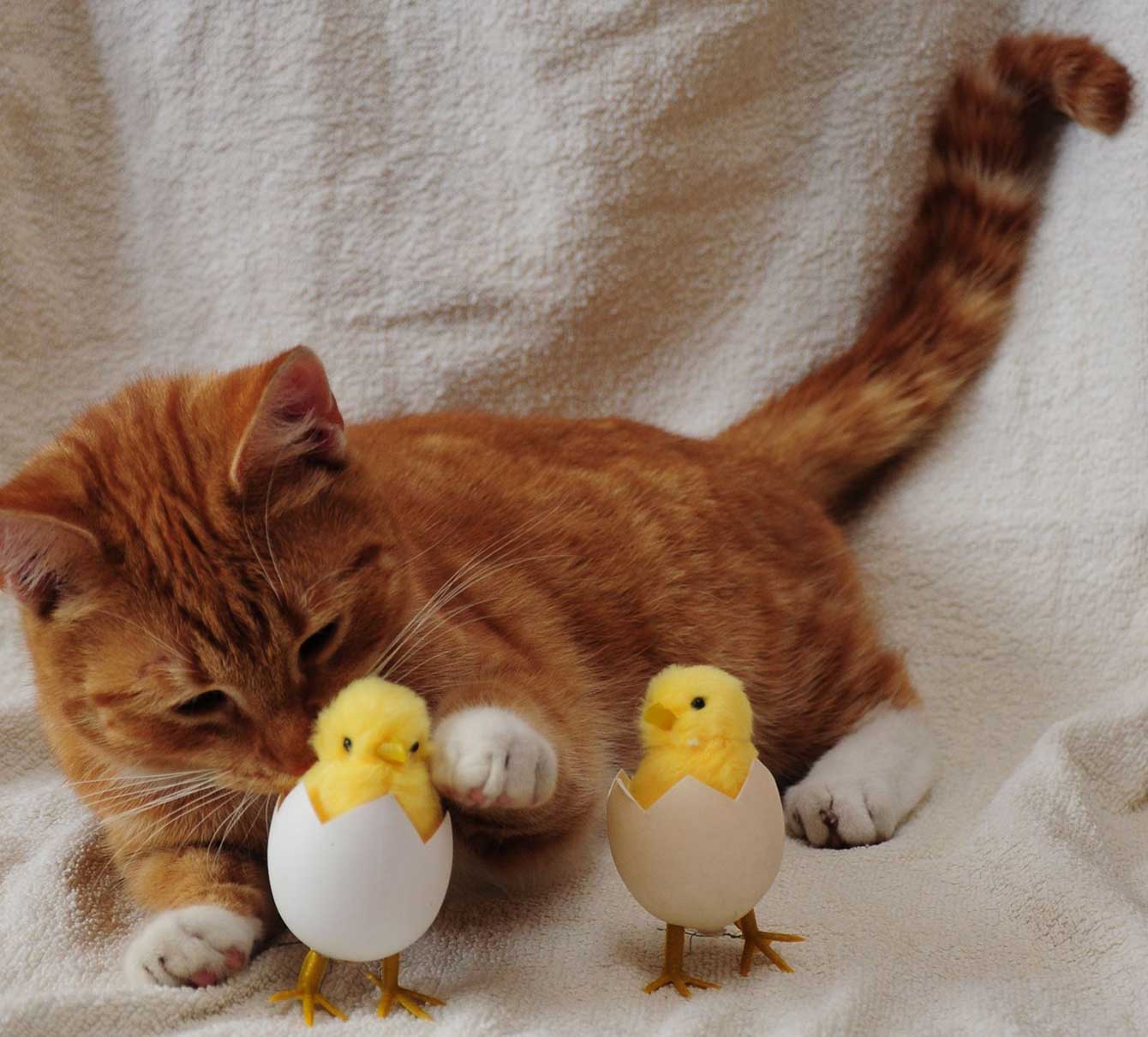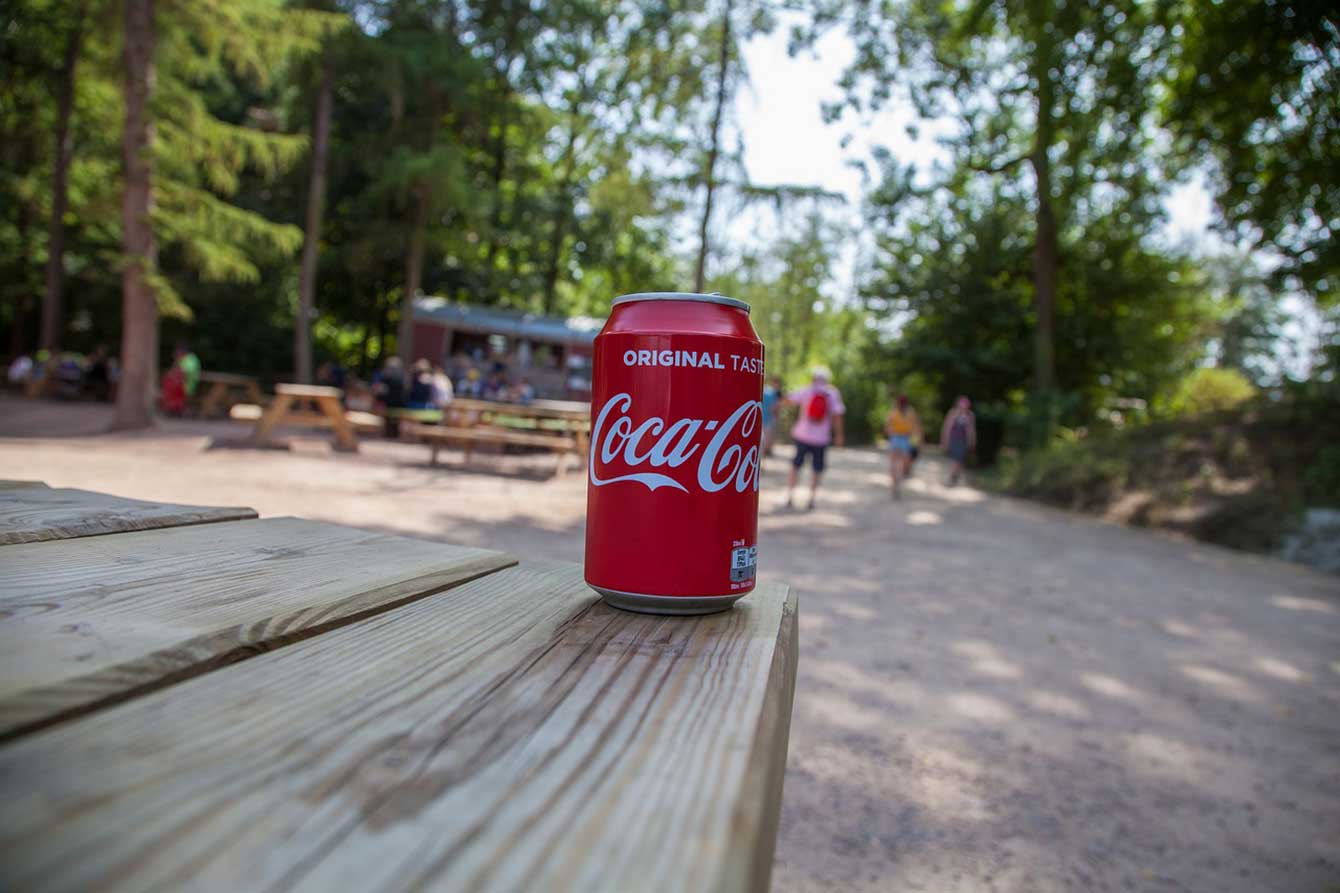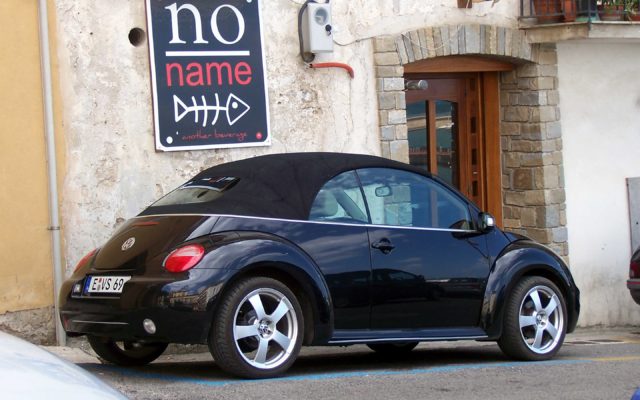How do you make your customers never quit? By rewarding their loyalty! Here are the most practical customer loyalty programs for a small business.
New Customers Vs. Loyal Customers
It’s one thing to earn a client but making him/her stay is a whole different story. Our world is a huge market where consumers are shuffling their feet (or, rather, fingers if they are on the Internet) every day randomly choosing what to buy.
Yes, there are some beacons in the dark like a clever targeted ad or an established brand but other than that, it’s all a matter of luck and random choice. However, once a customer has had some experience with your product, you can step in and influence the process actively.
Before we proceed, there’s one thing that needs to be made clear – no customer will ever come back after having a poor first experience with a product/service. Therefore, there’s no sense in creating a customer loyalty program for something that’s not worth being loyal to.
Let’s say a customer has enjoyed your product/service. Will he or she come back for more? Well, probably yes but only if and when the need arises. Can you stimulate this process and make your customers come back for more and do it more often? Sure you can!
New customers may be easier to lure but returning customers are the people you should treasure as they:
- Form a stable source of income
- Eager to share their experience with others, often advocating for your brand
- Provide honest and relevant feedback you could use for improving your product/service
Why Do People Stick to Some Brands and Products?
Despite what they might have told you on Discovery Channel, people aren’t really that bright – in fact, we are nothing but mammals. Pretty smart, often sneaky, and sometimes emotional but mammals nonetheless.

This results in the fact that most of our behavioral patterns can be easily explained by applying some common sense biology. If you ever watched your pets closely, you probably noticed that dogs and cats react to the changes in their environment (even the slightest ones) very negatively.
If you don’t know what I mean, go ahead and move your cat’s litter box to a different place, or do the same with your dog kennel, and see how they like it.
Why do animals act this way? Because they have a very clear behavior trait – stable, predictable environment equals safety and ensures survival.
Unstable and unpredictable environment, on the other hand, means that an animal has to fight for its well-being or even survival. It’s been like that for millions of years and we still see the remnants of that in animal behavior.
Consumers Are… Animals?
Are we, humans, any different? Well, surprisingly, no. We also like our environment to be organized the way we like it – stable and predictable. As soon as turmoil pops up – in the form of your lost car keys, a move to another city, or an economic crisis – we start to feel all uncomfortable and nervous until the situation gets back to its previous state or we get used to it, which is certainly the case with the lost car keys:).
That’s why so many customers (if not all) like to stick to their favorite brands. Is Apple better than Samsung? Maybe yes, maybe no. Who cares when customers never provide measurable arguments during the debate?
It boils down to this: if your first smartphone for whatever reason was Apple and you didn’t throw it away in the first 24 hours, there’s a 99% chance that you’ll become an Apple fan and remain one until your predictable, stable environment changes.
Like, when you’ll be making that important call and your phone battery will die in the process. From that moment on, you’ll start to hate Apple blaming them publicly for having low-capacity batteries and completely neglecting the fact that you had simply forgotten to charge your phone that morning.
Another trait we, humans, have that makes all this marketing possible is that we love getting presents. You couldn’t explain the concept of “present” to a cat – from a cat’s point of view, that juicy chicken entrée you’ve just put in its bowl was a cleverly obtained prey that didn’t even require killing.

Come to think of it – are we any different? When you’re getting your tenth cup of coffee for free at your local coffee shop, aren’t you happy you’ve just saved $5? Well, you shouldn’t have because you’ve spent a whole lot more to get this free cup often buying coffee when you really didn’t feel like doing it.
Not only we love getting presents but we also love is the anticipation of them – that’s why you’re counting how many cups you’ve got left until you get your tenth free.
If you apply this logic to any existing customer loyalty program, it will be just as descriptive.
Benefits of Loyalty Programs
After everything you’ve learned, do I really need to convince you that customer loyalty programs are beneficial for any type of business? If yes, then here you go:
- Loyalty programs boost the demand for your product and lead to more purchases
- Loyalty programs help increase your brand recognition via word-of-mouth promotion
- Loyalty programs help you turn new customers into loyal customers
- Loyalty programs are relatively easy to implement and maintain
- Loyalty programs can seriously enhance your Internet marketing efforts during a campaign
Top 5 Most Useful Customer Loyalty Programs for a Small Business
These are the ones that will most certainly work for any type of business.
1. Rewards for Reaching Purchasing Milestones
This is inarguably the oldest and the most common customer loyalty program. If you are over thirty, you might even remember punch cards, which are a prime example of this type.

The logic is simple – in order to get a reward from you, customers need to reach certain milestones. The bigger the milestones, the bigger the achievement.
For example, your coffee shop may offer its customers a free donut with every third coffee or a free cup of coffee with every tenth purchase – all these are examples of linear milestones.
There are, however, non-linear milestones when the reward gets bigger with every step. For example, upon spending a total of $500 at your coffee shop, the customer gets a 5% discount card. Upon spending a $1,500, he or she gets a 10% discount cards and so on until you run out of discounts 🙂 .
Of course, it all has to make sense mathematically – you want to know your customer lifetime value (CLTV) in order to set the right milestones that won’t render your business efforts unprofitable. To learn more about CLTV, be sure to check out this article “Customer Lifetime Value Explained: Using CLTV for Your Business”.
2. Limited/Premium Access
The second most popular customer loyalty program best exemplified by airlines that provide access to otherwise unavailable business lounges to their loyal customers.
Monetary rewards aren’t always the best solutions when it comes to customer loyalty. Sometimes you need to offer people an incentive so attractive that they wouldn’t mind becoming loyal to you in order to get it.
For example, you could run barista master-classes or coffee tastings open only for your loyal customers and promote these perks among your not-yet-loyal customers.
3. Partnerships
The third component of the Holy Trinity of customer loyalty programs. If you think well enough, you might be able to come up with a few products/services that would go nicely together with your brand and vice versa.
If so, why not partner up with one of those product/service owners to create a mutually beneficial campaign? Coca-Cola + any sports event – seems like a given today but hasn’t always been like that.

For a small business, the ideal option would be to form a barter partnership that doesn’t involve paying any money from either side.
4. Rewards for Promoting a Brand
This is actually a great and relatively new way of stimulating customer loyalty – you ask your customers to promote your brand in an explicit way and reward them just for that.
A simple example is to ask your coffee shop visitors to post a photo of them drinking coffee at your shop and add your hashtag.
5. Sweepstakes and Giveaways
An old but gold method, giveaways are nice but deliver somewhat short-term results and often attract people who are just there to get free stuff and have no feeling for your brand whatsoever.
The idea is simple: you ask people to perform a certain action (does not necessarily have to be a purchase), and in return, you will pick a random winner among those who did. The prize could be anything although it should be meaningful enough for people to participate.
Conclusion
Thanks for getting to the end of today’s «Top 5 Most Useful Customer Loyalty Programs for a Small Business» – if you liked it, please be kind to share the article with your friends.
The right thing to do would be share this article with your friends on the social networks – just click on one of the icons of social media, it’s that easy.
If you have further questions on the subject, please write them in comments – I’ll be glad to answer.
Here are the articles you might also be interested in:





Comments0